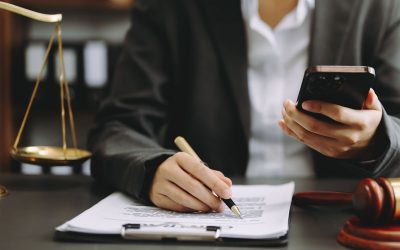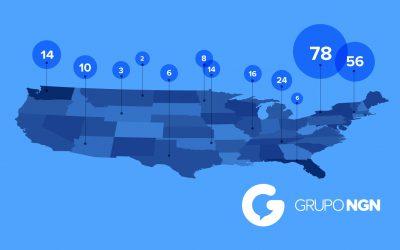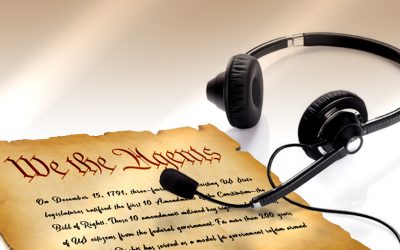On April 1, 2021, the United States Supreme Court issued an opinion in the case of Facebook v Duguid. While their opinion was very favorable to the contact center industry, this in no way invalidated TCPA as a whole, and great caution should be exercised before abandoning your pre-April 1st compliance practices.
Before we go any further, I must stress that this article is not written to provide legal advice; it is merely Grupo NGN’s take on the court’s opinion. Our decision was reached after discussing this topic at length with many of our industry peers, but not enough time has passed to see how well this ruling will hold up, what fallout will occur, and so on. It is vital that you consult with an attorney who specializes in this type of law, and if you do not have such an expert available, we would be happy to recommend the very best in the industry.
To clarify the status of the TCPA, it is still very much alive and well, turning 30 years old at the end of this year. If you are just now learning of the TCPA’s age, you may also have the common false impression that the TCPA simply dictates rules involving cellular calling in the United States. In reality, the TCPA dictates a wide range of restrictions, such as time of day calling to any type of phone number, the creation of a federal Do Not Call list, rules around communications via fax, and much more. While the SCOTUS decision is important, it only focuses on a very specific area of the TCPA – the definition of an autodialer or ATDS. I did not invalidate any aspect of the TCPA or lift any restrictions.
Let’s get to the heart of the case. In the Facebook v Duguid case, the plaintiff (Duguid) claimed that Facebook texted him using an ATDS. Facebook’s argument was that their technology did not meet the definition of an ATDS according to the TCPA. This definition has been at the center of debate for many years, with some stating an ATDS needed to simply store numbers for automatic dialing, whereas others were saying that the stored numbers needed to be randomly generated or sequentially dialed. These were commonly referred to as the “broad” and “narrow” interpretations (respectively), and the broad interpretation covered virtually any modern dialer (as well as cell phones, PBXs, and, arguably, common home phones). Conversely, the narrow interpretation eliminated virtually every dialer on the market today! After reviewing the case, SCOTUS held the narrow interpretation, stating that randomly generated or sequential numbers must be used by the technology as a qualifier for being an ATDS.
While this is a great victory, caution should be used with the new approach for calling cellular customers. While the law may no longer restrict us from calling predictively to a cellular phone, it still prohibits the use of prerecorded messages. In a predictive environment, it is common to abandon calls, and federal guidelines carry restrictions around the frequency of abandon calls as well as rules around prerecorded messages that must be played when abandoning these calls. In that case, it could be argued that playing the required abandon message would constitute a violation of the prerecorded messages restrictions.
Additionally, several states are adopting their own definition of an ATDS and are enacting their own laws around contacting them. States such as Texas have passed legislation that requires express written consent to any cellular number. It is also possible we will see new bills introduced at a federal level to introduce restrictions around cellular calling to supplement any “lost ground” in light of the SCOTUS decision. That said, it may be premature to “pop the champaign”.
So what changes are safe? Again, no changes should be made without consulting with a qualified legal advisor, but some practical changes may include automated preview dial technology. In this scenario, cellular calls would be routed to the agents prior to dialing but would be automatically dialed by the dialer (no click-to-call required). This would boost efficiency while at the same time eliminate abandoned calls (and the prerecorded messages that go with them). Another change would be the requirement of independent systems. Today, outbound contact centers will often have two dialers – one that can dial automatically and one that cannot. With this recent decision, it may now be practical to utilize a singular system, provided that the system can distinguish between cellular numbers and landlines and dial each appropriately.
Grupo NGN produces an award-winning and time-tested contact center platform that can help you meet your compliance needs and dial numbers however you see fit – your imagination is your only limitation! If you’d like to learn more, please contact a member of our team to discuss!



